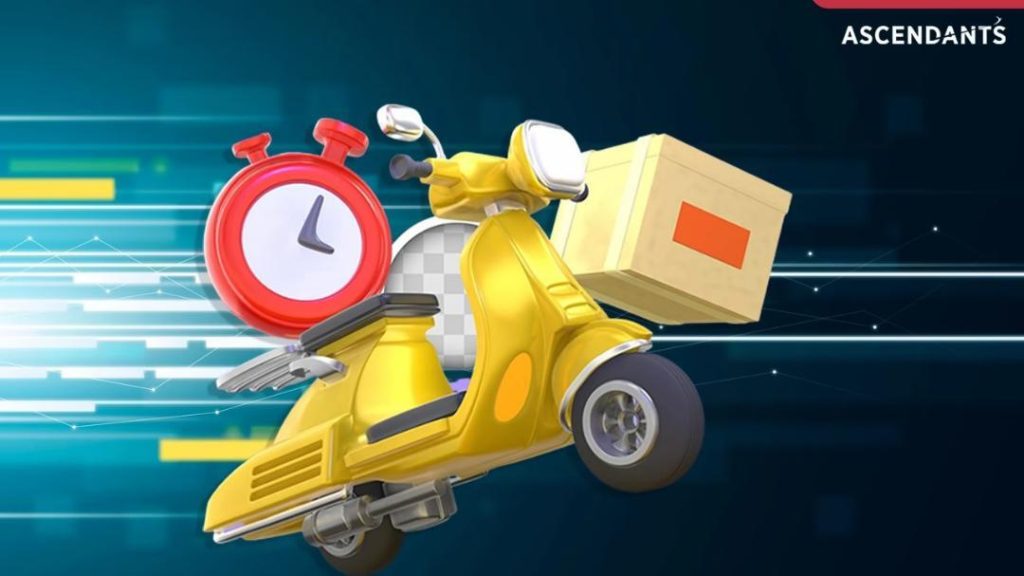
India’s New Obsessions: Quick Commerce & Short Drama Apps
The digital landscape in India has witnessed a significant shift in recent years, with the rise of two distinct trends that are redefining the way urban Indians live, work, and entertain themselves. Quick commerce and short drama apps have become the new obsessions of the Indian digital consumer, with both industries experiencing unprecedented growth and adoption.
Quick commerce, in particular, has been on a tear, with the market size crossing ₹7,500 crore in FY24. According to a report by Ascendants, a leading business intelligence platform, 68% of metro users are now ordering online at least twice a week. This phenomenon is driven by the increasing demand for convenience and speed in urban India, where people are willing to pay a premium for same-day or next-day delivery of their favorite products.
The rise of quick commerce can be attributed to the innovative business models adopted by companies like Zomato, Swiggy, and Dunzo. These platforms have leveraged technology to create a seamless ordering and delivery experience, with features like real-time tracking, live chat support, and curated product offerings. Moreover, they have also expanded their offerings to include services like grocery delivery, food, and other essential items, making them one-stop shops for urban consumers.
The growth of quick commerce has also led to the emergence of new business models, such as dark stores and micro-fulfillment centers. These innovative store formats enable faster and more efficient delivery of products, reducing the need for physical inventory and logistics. As a result, quick commerce players are now able to offer a wider range of products, faster delivery times, and competitive pricing, making them increasingly popular among urban consumers.
Short drama apps, on the other hand, have seen a massive surge in popularity, with 300 million users in 2025, up 40% from 2023. These apps, which offer short-form video content, have become a staple of urban Indian entertainment, with users spending an average of 3-4 hours per week watching their favorite shows.
The success of short drama apps can be attributed to their innovative format, which offers bite-sized episodes of 3-5 minutes, making them perfect for short breaks or commutes. These apps have also leveraged social media platforms to promote their content, creating a buzz around new shows and encouraging user engagement through interactive formats like quizzes, polls, and live discussions.
The growth of short drama apps has also led to the emergence of new talent, with many aspiring actors, writers, and directors finding success through these platforms. As a result, the Indian entertainment industry is now seeing a shift towards more niche and targeted content, catering to specific audience segments and preferences.
What’s driving this obsession with quick commerce and short drama apps? According to experts, the key factor is the desire for speed and personalization. Urban Indians are increasingly seeking convenience and speed in their daily lives, whether it’s ordering food or watching their favorite shows. These apps have successfully leveraged technology to provide a seamless and personalized experience, making them increasingly popular among urban consumers.
In conclusion, India’s obsession with quick commerce and short drama apps is a reflection of the country’s evolving digital landscape. These industries have successfully leveraged technology to provide innovative and personalized experiences, catering to the changing needs and preferences of urban Indians. As these trends continue to grow and evolve, it will be interesting to see how they shape the future of digital consumption in India.






